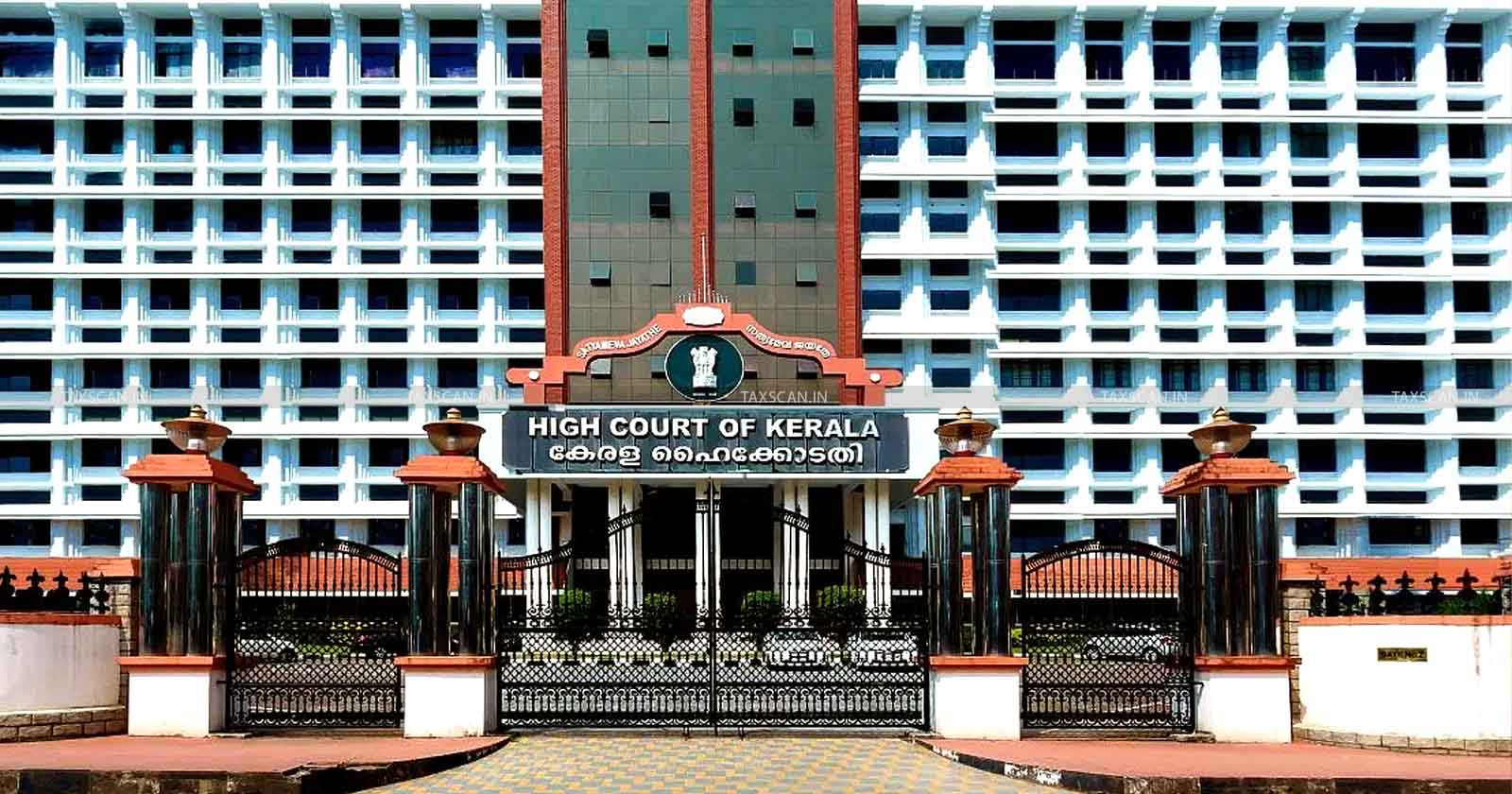Exemption under Proviso of Section 12(5) of Arbitration and Conciliation Act applies only when Waiver Explicitly agreed upon in Writing by Parties: Kerala HC [Read Order]
Exemption under proviso of Section 12(5) of Arbitration and Conciliation Act applies only when waiver explicitly agreed upon in writing by parties, rules Kerala HC

Kerala High Court – Arbitration waiver – Arbitration and Conciliation Act – Written agreement in arbitration – taxscan
Kerala High Court – Arbitration waiver – Arbitration and Conciliation Act – Written agreement in arbitration – taxscan
The Kerala High Court recently held that the exemption under proviso of Section 12(5) of the Arbitration and Conciliation Act, 1996 applies only when the waiver is explicitly agreed upon in writing by the parties.
The petition is filed under Section 14(2) read with Section 12(5) of the Arbitration and Conciliation Act, 1996 with a prayer for the termination of the mandate of the 1st respondent, who is the sole Arbitrator appointed in the dispute between the petitioner and the 2nd respondent, and to substitute an independent and impartial Arbitrator in that place.
The point to be decided was whether the mandate of the 1st respondent as Arbitrator is liable to be terminated and substituted by another Arbitrator in exercise of the powers under Section 14(2) of the Arbitration and Conciliation Act.
The petitioner alleged that the 1st respondent generously granted time for the 2nd respondent to file written submissions without even asking for the same. It is the further allegation of the petitioner that the 1st respondent did not provide a copy of the disclosure made by him inspite of the demand of the petitioner in the above regard. Thus the petitioner is aggrieved by the alleged partisan actions of the 1st respondent and bias shown in favour of the 2nd respondent.
According to the 2nd respondent, the petitioner is not entitled to approach the Court under Section 14 of the Act since this Court does not come within the definition of “Court” envisaged under Section 2(1)(e) of the Act. It was pointed out by the 2nd respondent that there is absolutely no disqualification for the 1st respondent in acting as an Arbitrator in the issue between the petitioner and the 2nd respondent.
A Single Bench of Justice G Girish observed that “The argument advanced by the learned counsel for the 2nd respondent in the above regard cannot be accepted since the exemption for the applicability of Section 12(5) of the Act, as per the proviso thereunder would come into play only in a case of waiver by way of an express agreement in writing. As far as the present case is concerned, there is absolutely no express agreement in writing between the parties for the waiver of applicability of sub section (5) of Section 12 of the Act.”
“The challenge raised by the 2nd respondent on the ground of estoppel and acquiescence also, cannot be entertained, since there cannot be an estoppel against law, and nor could there be a plea of acquiescence for the reason that the petitioner has followed the procedures, which it was expected to do in arbitration proceedings in co-operation with the directions of the Arbitrator” the Court noted.
To Read the full text of the Order CLICK HERE
Support our journalism by subscribing to Taxscan premium. Follow us on Telegram for quick updates


